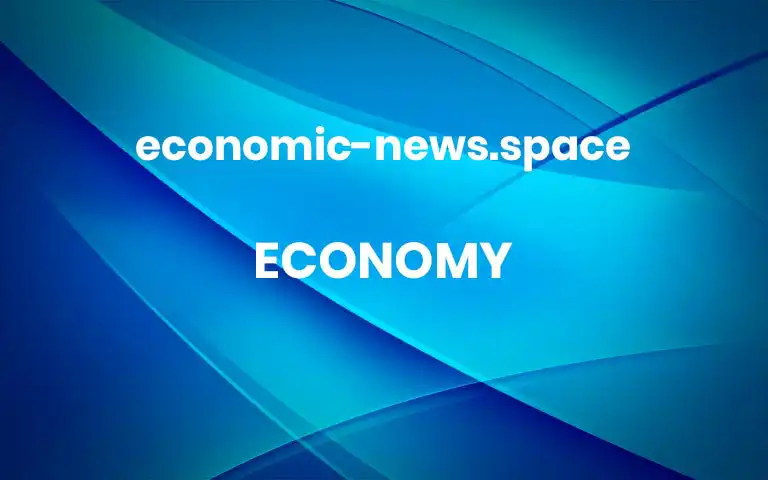Harvard settles lawsuits over antisemitism on campus

(Reuters) -Harvard University will provide additional protections for Jewish students under a settlement announced on Tuesday that resolves two lawsuits accusing the Ivy League school of becoming a hotbed of rampant antisemitism.Harvard said it will adopt the International Holocaust Remembrance Alliance (IHRA) definition of antisemitism, including specific examples of discrimination and harassment, when evaluating whether conduct violates its non-discrimination and anti-bullying policies.The university will also address Frequently Asked Questions about its policies online, report annually for five years on its enforcement efforts, and provide training on combating antisemitism to staff who review discrimination complaints.Harvard’s settlement resolves a lawsuit by Students Against Antisemitism, and a lawsuit by Jewish Americans for Fairness in Education and the Brandeis Center for Human Rights Under Law, and includes unspecified monetary payments. The university did not admit wrongdoing.Both lawsuits were among many accusing major universities of encouraging antisemitism after war broke out between Israel and Hamas in October 2023, leading to several months of pro-Palestinian protests on American college campuses.Marc Kasowitz, a lawyer for Students Against Antisemitism, said in an interview he had “great confidence” that Harvard was committed to protecting its Jewish students, including those targeted simply for supporting Israel.”Statements about destroying the state of Israel, murdering Israelis, and that sort of thing are antisemitic statements,” he said. “That gives us confidence that these measures are going to be very, very protective of the interests and rights of Jewish students on the Harvard campus.”Kenneth Marcus, who founded and chairs the Brandeis Center, said IHRA’s definition of antisemitism provides clear guidance to school administrators, and aligns with President Donald Trump’s 2019 executive order on combating antisemitism.”We expect every other college to meet or exceed that standard,” Marcus said in an interview.HARVARD PLEDGES A ‘WELCOMING’ CAMPUSJewish students accused Harvard of selectively enforcing its anti-discrimination policies, including by tolerating their being maligned as “murderers” and subjected to a viral “die-in” where attendees accused Israel of war crimes.They also accused Harvard of hiring professors who promoted anti-Jewish violence and spread antisemitic propaganda.Last June, Harvard task forces on antisemitism and anti-Muslim bias each found a Cambridge, Massachusetts campus beset by discrimination and harassment, including toward people with pro-Palestinian as well as pro-Israel views.Both lawsuits accused Harvard of violating Title VI of the Civil Rights Act of 1964, which bars federal funds recipients from allowing discrimination based on race, religion and national origin.The FAQ includes a statement recognizing that many Jews consider Zionism part of their identity, and that discrimination or harassment targeting Jewish and Israeli people can also violate Harvard’s policy if directed toward Zionists.”We are committed to ensuring our Jewish community is embraced, respected and can thrive at Harvard,” a university spokesperson said in a statement.”We are resolute in our efforts to confront antisemitism and will continue to implement robust steps to maintain a welcoming, open, and safe campus environment where every student feels a sense of belonging,” the spokesperson added.TRUMP’S IMPACTAlexander Kestenbaum, a Harvard Divinity School student and plaintiff in the Students Against Antisemitism lawsuit, did not settle and will keep seeking compensatory damages. His new lawyers did not immediately respond to requests for comment.The settlement came after a federal judge in Boston refused to dismiss both lawsuits.Kasowitz said Trump’s statements about how his second administration would protect Jewish students’ rights were “certainly helpful” in reaching the settlement.Students Against Antisemitism settled similar litigation against New York University last July, and Kasowitz said the group was pleased that campus life for Jewish students there has “dramatically improved.”The group is still pursuing Title VI cases against Columbia University and the University of Pennsylvania, while the Brandeis Center is pursuing cases against several schools including the University of California, Berkeley.Columbia and Penn declined to comment on the settlement or their lawsuits. UC Berkeley did not immediately respond to requests for comment. Harvard declined additional comment. More




